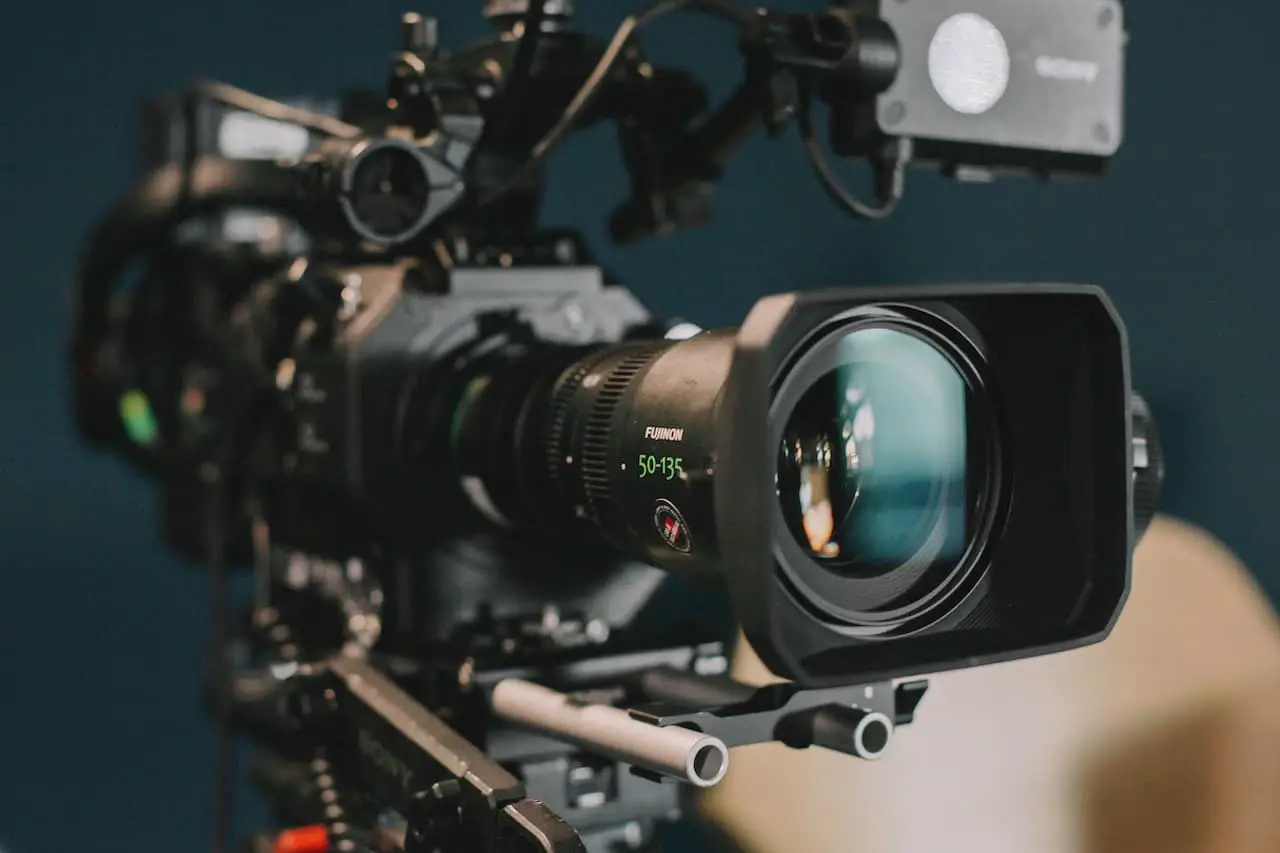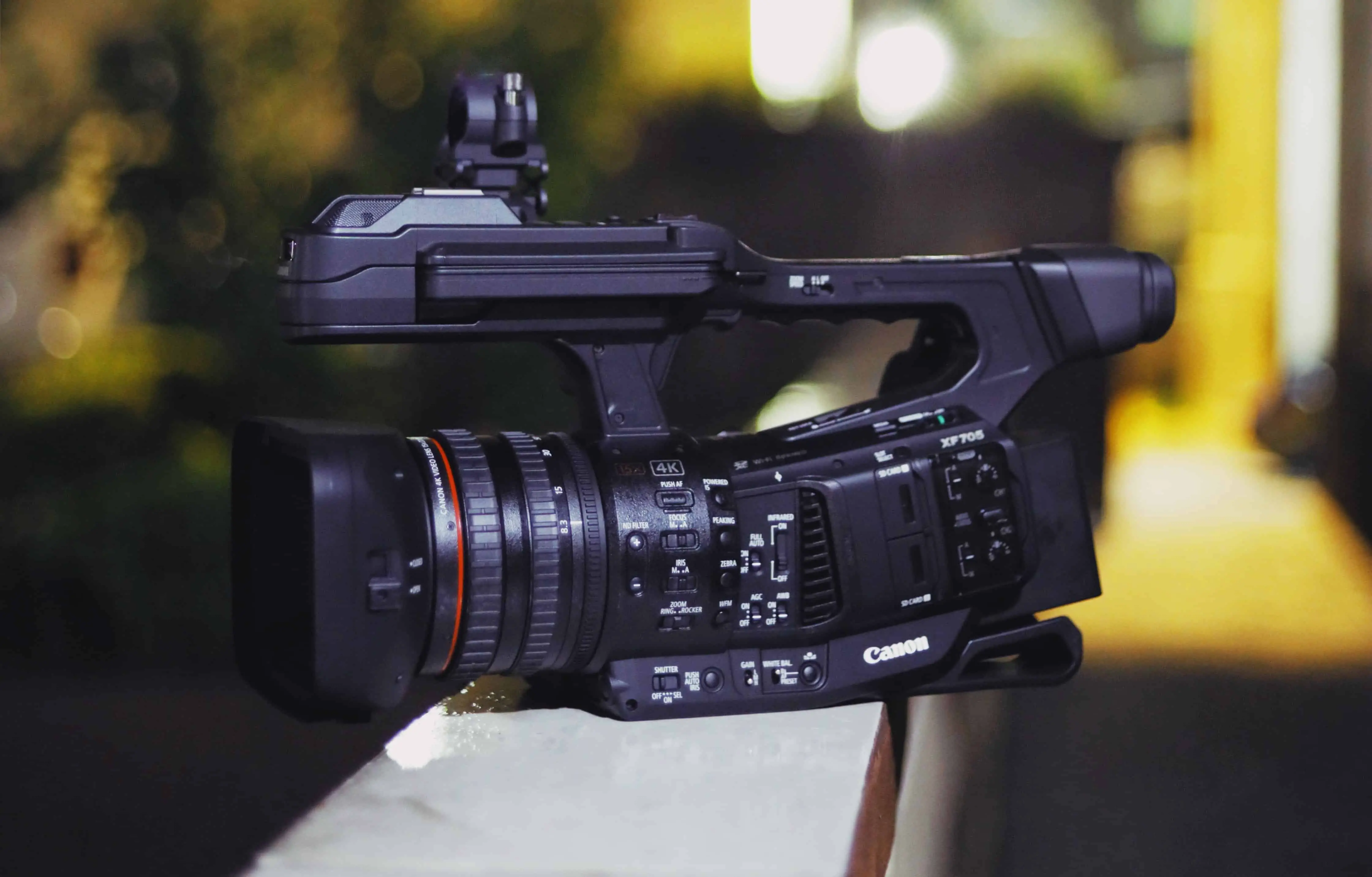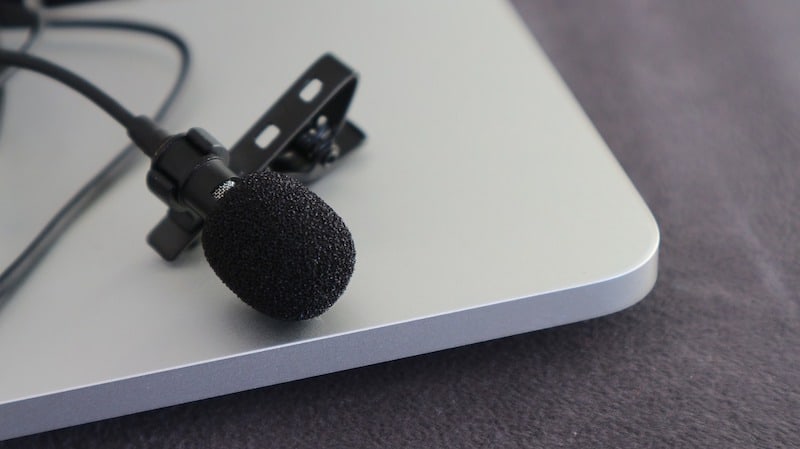
05 Jul Why Do a Video Deposition?
Many participants in legal cases are asked to record a deposition. A deposition is an excellent way to document the testimony of a witness.
One of the most common types of depositions is a video deposition. You might be wondering why video depositions are necessary in the first place. Today, we will cover the answer to this question in addition to other valuable information.
So, why do a video deposition? A video deposition is used as an official way to record the testimony of a witness involved in a legal case. Depositions are often used in the investigative stage of a trial in which all parties work to form their case. Video depositions are one of the most practical ways to record the body language of a witness during their testimony.
 There are several benefits to recording a video deposition. But, as with anything, there are circumstances where another type of deposition may be more appropriate.
There are several benefits to recording a video deposition. But, as with anything, there are circumstances where another type of deposition may be more appropriate.
Your attorney will be able to advise you on which type of deposition is most beneficial to you. However, it is important to understand all the factors involved in making that decision.
Why People Have a Video Deposition
A legal deposition is part of the investigative process which takes place before the trial in the courtroom. During a deposition, a witness records their testimony. This recording is a resource that is available for the attorneys to reference as they establish their case. Although the deposition process occurs outside of the courtroom and without the oversight of a judge, the witness is under an oath just as they are in the courtroom.
Record a Testimony
The most common use of a video deposition is to record a witness’ testimony outside of the courtroom. This recorded testimony is available to both parties in the pre-trial stages of the case. A video deposition is often played for both the judge and jury on the day of the trial. Occasionally, a video deposition is requested when the witness is unable to attend the trial in person. The attorney will then play the video testimony on their behalf in the courtroom.
Preserve a Testimony
Another common reason to record a video deposition is to preserve a witness’ testimony. Because some trials may last several years, a video deposition is often the best option when a witness is in poor health or nearing death. In some instances, when a trial is expected to last a long time, the witness’ will have their testimony recorded on video as a way to preserve all of the small details that may be forgotten over time.
Convey Body Language
A video deposition is also a great way to properly convey the body language of the witness as they give their testimony. Both body language and tone of voice can play a large part in the portrayal of the witness. Oftentimes, a video deposition is much more powerful in the courtroom than the reading of a written deposition would be.
Save Money
In the event that the witness lives several hours away from the location of the trial, a video deposition is an excellent way to save money. There are several instances where it is not crucial for the witness to appear in court on the day of the trial. This is especially true when the witness in question plays a small part in the overall trial. A video deposition is a way to save both money and time for many of the individuals involved.
Purpose of a Video Deposition
Now that we have covered some of the reasons why people choose to record a video deposition, we can talk about the purpose behind this type of deposition.
Avoid Contradiction
A video deposition is often recorded as a way to preserve the witness’ testimony. This eliminates the possibility for their story to change during the day of the trial. Whether it’s intentional or due to forgetfulness, a video deposition is an excellent way to remind the witness of their original story.
This tactic can be used to either the benefit or detriment of the witness. In either instance, it plays a valuable role in maintaining the integrity of the case. An opposing party can use this tactic to impeach the witness by proving that the details of their testimony have changed over time.
Allow for Expert Examination
Occasionally during a trial, there is a need for further examination by experts in different areas. Because many of these experts have busy schedules, it may be difficult to schedule a time to meet in person. Once a video deposition is complete, the experts are able to review it on their own and offer their personal insight.
Expert opinions are often a necessary part of a trial. Experts are commonly consulted when a certain circumstance or situation is out of the scope of an attorney’s knowledge. This expert insight is invaluable in presenting a compelling case in the courtroom.
Explain a Complex Situation
A video deposition is also a great way to explain a complex situation or circumstance. This is a way to record an expert in a specific area (a doctor or mechanic, for example) explaining a situation that impacts the trial. Visual objects are often part of this type of video record which help to explain the situation in greater detail. In some instances, these objects may be too large to present in the courtroom, making a recorded deposition the only other option.
Video Depositions vs. Other Types of Depositions
Although there are many reasons that a video deposition is usually the best choice, there may be circumstances that deem another type of deposition more appropriate. There are several other types of depositions. The two most common besides video depositions are telephone depositions and written depositions. Each type of legal deposition has its own set of pros and cons.
Time
Time is an important factor to consider when choosing which type of deposition is best for you. Although a video deposition may be the most compelling in the courtroom, it often takes the most time to put together.
Video depositions require high-quality equipment. The legal videographer will then edit the recording to synchronize the video with the scripted testimony. As you can imagine, there is a good amount of time and effort that goes into this process.
Although a telephone deposition is quicker, it does require certain equipment to maintain the integrity of the audio recording. The time commitment, however, is not as lengthy as it is for a video deposition.
The third type of deposition we will cover is a written deposition. During a written deposition, a witness will answer several questions in writing while under the supervision of a certified officer. There is a set timeframe in which to answer the questions. This type of deposition also allows for the parties involved to ask additional questions which may take longer than anticipated.
Investment
Another factor to consider is the investment that your deposition requires. Video depositions are certainly the most expensive. However, man experts consider this type of deposition to be the most compelling and realistic. In the majority of cases, investing a little extra to record a video deposition will pay off.
A telephone deposition is less expensive than a video deposition. This is due to the fact that there is less equipment and training required to complete the process. In many instances, a telephone deposition will be sufficient. Especially if the witness’ testimony plays a small part in the overall case.
Outcome
Although many experts believe that a video deposition is the best way to record a witness’ testimony, there are certainly benefits to other types of depositions as well. When you are using video or audio to record a deposition, you are opening yourself up to the possibility of technical errors.
The most important factor to consider to achieve the optimal outcome is the experience and expertise of everyone involved in the deposition. Working with the right team will likely play a larger role in the eventual outcome of the trial than the type of deposition will.
Alternatives to a Video Deposition
As we discussed above, there are alternatives to a video deposition. If you are uncomfortable recording a video deposition for any reason, your attorney may be able to advise you into another type of deposition that would work for your circumstances.
Telephone Deposition
A telephone deposition is often used as a way to record a witness’ testimony. An attorney will typically choose this type of deposition when the witness will not be present at the trial. Whether due to location or health challenges, a telephone deposition is an excellent way to record a testimony. This type of deposition typically takes place in an attorney’s office. It is important to use the highest quality audio equipment during a telephone deposition. Using the proper equipment will eliminate the possibility of technical errors.
Written Deposition
Written depositions are also a way to record a witness’ testimony. A written deposition is the most basic type of deposition. A witness writes their written deposition while under the supervision of a deposition officer. There are several rules which dictate a timeframe that this type of deposition follows.





